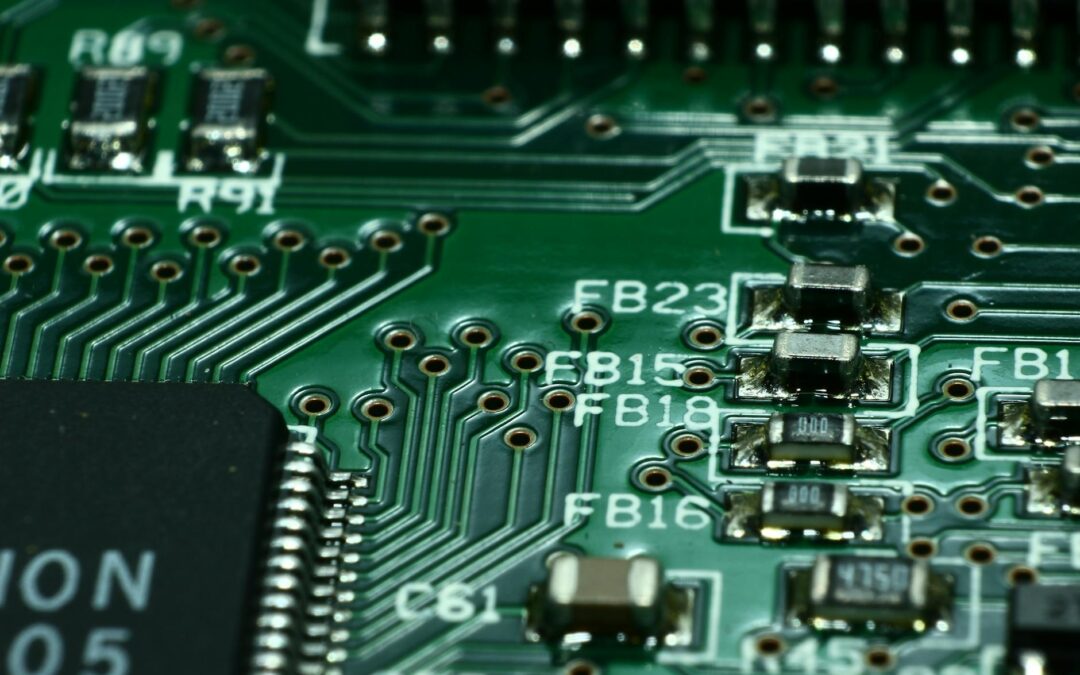Discover the secrets behind Artificial Intelligence and how it is shaping our world today in this eye-opening blog post.
Table of Contents
Welcome to our daily blog post devoted to exploring the limitless possibilities of artificial intelligence (AI). In this series, we will dive deep into the world of AI, uncovering its historical roots, current applications, benefits, challenges, ethical concerns, future direction, and even the intriguing question of whether a scenario like Skynet from the Terminator movies could occur in real life.
Historical Context
Artificial intelligence is not a new concept. Its roots can be traced back to the mid-20th century when pioneers like Alan Turing laid the foundation for what would become a revolutionary field. Over the decades, significant advancements in AI technology have been achieved, such as the development of neural networks, machine learning algorithms, and deep learning models.
Current Applications
Today, AI is everywhere, playing a crucial role in various aspects of our daily lives. From virtual assistants like Siri and Alexa to predictive analytics in healthcare and finance, AI is reshaping industries and driving innovation. In healthcare, for example, AI algorithms can analyze medical images with greater accuracy than human radiologists, leading to faster and more precise diagnoses.
Benefits and Challenges
The benefits of AI are plentiful, with improved efficiency, enhanced decision-making capabilities, and automation being just a few of the advantages. However, challenges like job displacement and algorithmic biases cannot be ignored. As AI continues to advance, it is crucial for society to address these challenges and ensure that AI is used responsibly and ethically.
Ethical Concerns
As AI becomes more ubiquitous, ethical concerns surrounding its use have come to the forefront. Issues like data privacy, algorithmic biases, and the potential for AI to perpetuate societal inequalities need to be carefully considered. It is essential for policymakers, developers, and users alike to work together to establish guidelines that promote the ethical use of AI.
| Topic | Description |
|---|---|
| What is AI? | AI is the simulation of human intelligence processes by machines, especially computer systems. |
| Types of AI | 1. Narrow AI: AI that performs a single task, such as facial recognition. 2. General AI: AI that can perform any intellectual task a human can do. 3. Superintelligent AI: AI that surpasses human intelligence and capabilities. |
| Applications of AI | 1. Healthcare: AI can be used for medical diagnosis and treatment recommendations. 2. Finance: AI can be used for fraud detection and risk assessment. 3. Retail: AI can be used for personalized shopping recommendations. |
| Ethical Considerations | 1. Bias: AI can perpetuate biases present in the data it is trained on. 2. Privacy: AI can raise concerns about data privacy and security. |
Future Direction
The future of AI holds immense promise. With advancements in areas like reinforcement learning, natural language processing, and robotics, AI is poised to continue transforming industries and revolutionizing the way we live and work. As we look ahead, the possibilities for AI seem endless, offering opportunities for further innovation and progress.
Can Skynet Happen?
The concept of a sentient AI system like Skynet may seem like something out of science fiction, but the idea of AI becoming self-aware and posing a threat to humanity is a topic of ongoing debate. While the likelihood of a scenario like Skynet coming to fruition is a matter of speculation, it is important for us to consider the ethical implications of AI development and take proactive measures to prevent any potential risks.
In conclusion, artificial intelligence has the power to revolutionize our world in ways we have yet to fully comprehend. By exploring the historical context, current applications, benefits, challenges, ethical concerns, and future direction of AI, we can gain a deeper understanding of this transformative technology. As we continue to unlock the potential of AI, it is essential for us to approach its development with caution, responsibility, and a commitment to ethical principles. Together, we can shape a future where AI enhances our lives while upholding the values that make us human.
FAQ
What is Artificial Intelligence (AI)?
Answer 1: Artificial Intelligence (AI) is the simulation of human intelligence processes by machines, particularly computer systems, to perform tasks that typically require human intelligence.
What are the current applications of AI?
Answer 2: AI is widely used in healthcare for medical diagnosis, finance for fraud detection, and retail for personalized shopping recommendations.
What are some ethical considerations in AI?
Answer 3: Ethical concerns in AI include biases in algorithms, privacy issues, and the potential for perpetuating societal inequalities through biased data.
Can a scenario like Skynet happen in real life?
Answer 4: While the likelihood of a sentient AI system like Skynet is debated, it is crucial to consider the ethical implications of AI development and take proactive measures to prevent any potential risks.


Recent Comments